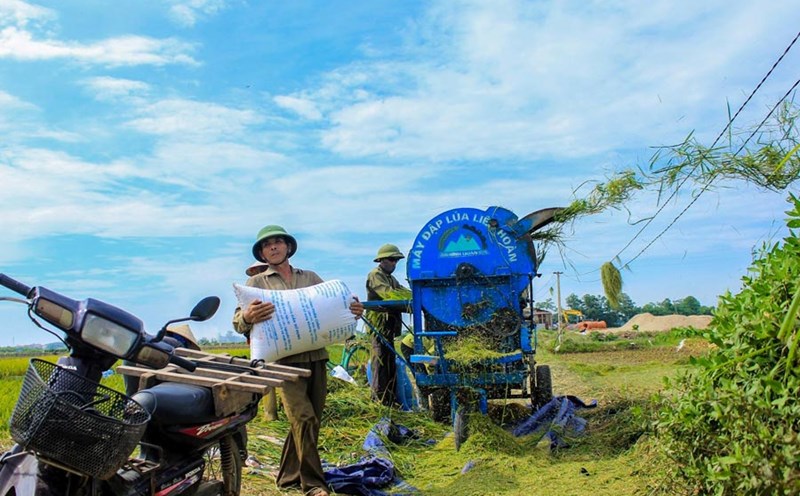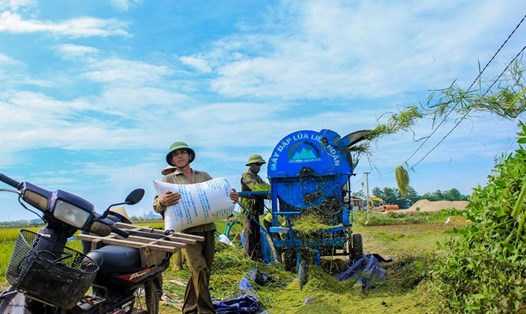Promoting the results achieved in recent years, in 2025, Tay Ninh province will focus on developing rural industry groups in a diverse, modern direction and linked to market demand.
The goal is to effectively exploit local potential, preserve cultural identity and build a sustainable rural economy, in line with the orientation of the Rural Industry Development Strategy to 2030, vision 2045.
Tay Ninh identifies rural vocational development not only as a way to create jobs and increase income but also contributes to preserving traditional values and promoting socio-economic development in rural areas.
Development must ensure harmony between tradition and modernity, between conservation and commercialization, between production and consumption, thereby improving competitiveness and the ability to adapt to new requirements of the market economy.
According to the plan, the province prioritizes 7 key groups of industries, both taking advantage of available resources and meeting the requirements of industrialization and modernization of rural areas. In particular, processing and preserving agricultural - forestry - fishery is considered the main pillar.
Accordingly, the province focuses on typical products including rice paper, candy, jam, Chinese sausage, fish sauce, dried fish... while encouraging technological innovation, applying modern equipment, improving production processes, ensuring food safety and being environmentally friendly. Linking production, processing and consumption is considered a key solution to increase the value of agricultural products and expand export markets.
In the group of handicraft production, the province aims to combine traditional quintessence with modern creativity. Products such as lotus venom, lacquer paintings, silver jewelry, gold are encouraged to diversify designs, increase aesthetic value, and meet domestic and foreign tastes. The province also aims to cooperate with localities with developed craft villages to import new jobs, expand production scale and consumption markets.
Tay Ninh also develops a group for processing and processing raw materials for rural production, associated with the formation of concentrated raw material areas and processing and processing points, reducing dependence on imported sources, especially in the fields of agriculture, livestock, forestry and aquaculture.
Meanwhile, the manufacturing of wooden furniture, bamboo, textile, and mechanical appliances will continue to be encouraged to develop to meet domestic demand and aim for export. The province orients the production of products with high commercial value, modern designs, suitable for consumer tastes.
With the group of wildlife production and trading, Tay Ninh is oriented to develop in the direction of a green economy, forming specialized areas such as the Apricot Village of Tan Tay commune. The activities of associations and associations of ornamental plants are encouraged to create conditions for artisans and skilled workers to exchange, learn and cooperate in development.
Tay Ninh chili salt specialties continue to be invested in and developed to affirm the traditional brand, with diverse product lines such as lemongrass salt, pepper salt, vegetarian salt, both ensuring quality and enhancing economic value.
The service group serving rural production and life is considered an important driving force, with the encouragement of the formation of small enterprises, cooperatives, and cooperative groups providing materials, fertilizers, transportation, agricultural consumption, and production mechanization, contributing to the shift in rural economic structure.
The implementation of 7 key groups of occupations not only creates jobs and increases income for people but also contributes to building advanced new rural areas, preserving traditional cultural values and creating a solid foundation for industrialization of agriculture and rural areas.












